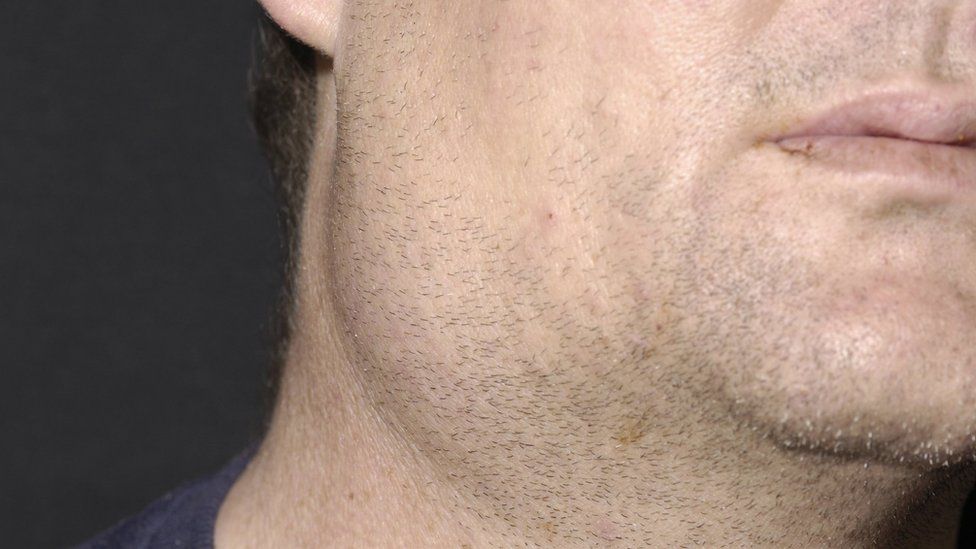Makindo Medical Notes"One small step for man, one large step for Makindo" |
|
|---|---|
| Download all this content in the Apps now Android App and Apple iPhone/Pad App | |
| MEDICAL DISCLAIMER: The contents are under continuing development and improvements and despite all efforts may contain errors of omission or fact. This is not to be used for the assessment, diagnosis, or management of patients. It should not be regarded as medical advice by healthcare workers or laypeople. It is for educational purposes only. Please adhere to your local protocols. Use the BNF for drug information. If you are unwell please seek urgent healthcare advice. If you do not accept this then please do not use the website. Makindo Ltd. |
Mumps (Notifiable)
-
| About | Anaesthetics and Critical Care | Anatomy | Biochemistry | Cardiology | Clinical Cases | CompSci | Crib | Dermatology | Differentials | Drugs | ENT | Electrocardiogram | Embryology | Emergency Medicine | Endocrinology | Ethics | Foundation Doctors | Gastroenterology | General Information | General Practice | Genetics | Geriatric Medicine | Guidelines | Haematology | Hepatology | Immunology | Infectious Diseases | Infographic | Investigations | Lists | Microbiology | Miscellaneous | Nephrology | Neuroanatomy | Neurology | Nutrition | OSCE | Obstetrics Gynaecology | Oncology | Ophthalmology | Oral Medicine and Dentistry | Paediatrics | Palliative | Pathology | Pharmacology | Physiology | Procedures | Psychiatry | Radiology | Respiratory | Resuscitation | Rheumatology | Statistics and Research | Stroke | Surgery | Toxicology | Trauma and Orthopaedics | Twitter | Urology
Related Subjects: |Herpes Varicella-Zoster (Shingles) Infection |Chickenpox Varicella Infection |Varicella Cerebral Vasculopathy |Herpes Viruses |Herpes Zoster Ophthalmicus (HZO) Shingles |MonkeyPox |Mumps |Measles |Rubella (German Measles) |Epstein-Barr Virus infection
🦠 Mumps is an acute viral infection primarily affecting the salivary glands, especially the parotids. ⏳ While self-limiting, it can cause serious complications, especially in young people → early recognition & management are key.
📖 About
- Definition: Viral infection caused by the mumps virus (Paramyxoviridae family).
- 🌍 Epidemiology: Affects school-aged children & young adults. Greatly reduced where MMR vaccination is widespread.
- 😷 Transmission: Highly contagious → spread via respiratory droplets & infected saliva.
⚠️ In a young male with orchitis, always consider testicular torsion in the differential to prevent testicular loss.
🧬 Virology
- 🦠 Pathogen: RNA paramyxovirus.
- 💨 Transmission: Aerosol droplets.
- ⏳ Incubation: 18–21 days.
- 👶 Most common in unvaccinated children & young adults.
🩺 Clinical Features
- 🤒 Systemic: fever, headache, malaise, myalgia.
- 😮 Parotitis: hallmark → painful, swollen parotid glands.
- 🍒 Orchitis: ~25% of post-pubertal males → scrotal pain, swelling (rare infertility).
- ❤️ Extraparenchymal: myocarditis, hepatitis (rare).
👁️ Clinical Signs
- 🧑🦱 Parotid swelling/tenderness (often bilateral).
- 🍒 Orchitis: painful testicular swelling ± fever.
- 🌸 Rash (occasionally).

⚠️ Complications
- 😮 Parotitis (75%).
- 🍒 Orchitis (25% of post-pubertal males).
- 👩 Oophoritis (5% post-puberty females).
- 🧠 Meningitis (≈50%, more in males).
- 🧠 Encephalitis (rare, 1–2% mortality, risk of deafness).
- 👂 Sensorineural deafness (transient/permanent).
- 🤰 Spontaneous abortion (1st trimester).
🛡️ Prevention
- 💉 MMR vaccine (at 13 months) → live attenuated, highly effective.
- 🧼 Hygiene: handwashing, covering coughs/sneezes.
- 🚪 Isolation: infected cases should be kept away from others.
🔎 Investigations
- 🧬 PCR from buccal swab.
- 🧪 Serology: IgM (acute), rising IgG titres.
- 🩻 Ultrasound: in orchitis to exclude torsion.
💊 Management
- 🛌 Supportive: rest, hydration, analgesia.
- 💊 Antibiotics: only if secondary bacterial infection.
- 🍒 Orchitis: analgesics ± short course of steroids (e.g. prednisolone) in select cases.
- 💉 Vaccination: MMR remains the cornerstone of prevention.
- 👨⚕️ Specialist referral: severe cases (encephalitis, orchitis, meningitis).
📌 Conclusion
Mumps is a preventable viral infection mainly affecting children & young adults. Most cases resolve, but complications (orchitis, meningitis, encephalitis, deafness) highlight the importance of vaccination.